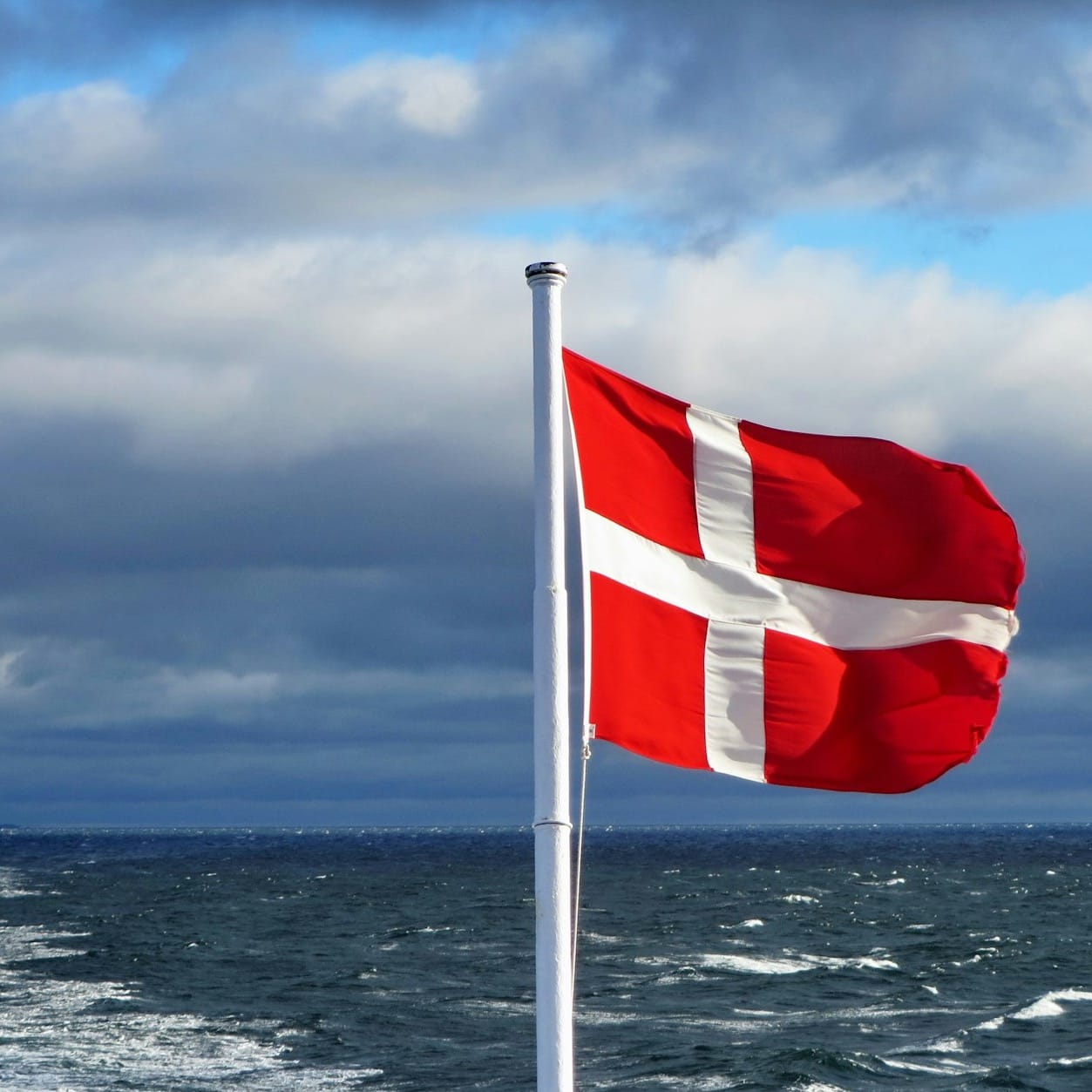Danish Presidency kicks off tomorrow: digital priorities at a glance
Tomorrow, Denmark takes over the Presidency of the Council of the EU from Poland, leading until December 31, 2025. Here's a look at the key digital priorities on the Danish agenda.

Tomorrow, the Danish Presidency of the Council of the EU will take over from Poland and lead until December 31, 2025. Politically, this is a significant Presidency, as Danish leadership could either advance or further delay the European Commission’s agenda.
The Danes have kept their overarching priorities concise, organizing all tasks under two main pillars: 1) A secure Europe and 2) A competitive and green Europe. While the program traditionally follows the Commission’s agenda closely and is extensive, Denmark’s focus appears to have a heavy focus on defense, hybrid threats, and boosting European competitiveness.
In addition to the usual focus on “simplification”, the Danes also prioritize “better regulation”, impact assessments, and greater transparency in decision-making - a welcome shift.
#1 Simplification, impact assessments, and burden reduction for future proposals - a refreshing take
Simplification and burden reduction are said to be a “central priority”. The Danes also talk about an “efficient negotiation process” as well as “minimising new burdens in future proposals”, with an increased emphasis on robust impact assessments.
This is a very welcome change and certainly needs additional political attention. Better regulation principles have long been adopted, but are often treated as a formality rather than a must-do principle. Even the post-consultation process under “Have your say” is rarely explained - which arguments have been taken into account, and which have not.
Potential burden measurement before new legislation is adopted is more important than post-adoption burden reduction, often preventing bad choices and decisions. Transparent consultation principles and fair representation of different Member States is crucial, so that Mario Draghi’s competitiveness report scenario, where only one CEE company (Bolt) was represented, is not repeated again.

#2 Increasing Europe's digital impact globally (let’s try one more time)
Denmark is among the countries with a well-developed approach to digital diplomacy, and it will also focus on advancing the recently adopted EU International Digital Strategy.
While the prospects for reforming the Global Gateway to strengthen European leadership in digital development remain murky, the Danes are expected to push this agenda forward as well.

#3 A boost toward the Savings and Investment Union, PSD updates… and the digital euro
Another welcome priority is the work on the Savings and Investment Union, which the Danes aim to “prioritise”. European savings still largely sit idle in bank accounts (to the satisfaction of local banks) or flow toward the US market.
Enabling greater circulation of capital within the EU - by allowing local insurers and pension funds to invest more easily in European stock exchanges - is a crucial, yet often overlooked, step amid louder and more politically attractive sovereignty debates.
In addition, the Danes will advance negotiations on the Payment Services Directive and Regulation to “modernise the payments sector”, as well as lead discussions on the introduction of the digital euro - a topic that is bound to generate a range of opinions.

#4 CSAR / “Chat Control”: the saga continues
In addition to measures aimed at strengthening law enforcement’s ability to combat online criminal activity, the Danes will take over from the Poles the file on the Child Sexual Abuse (CSA) Regulation and Directive (aka Chat Control), calling it a “high priority”.
So far, the Council has been unable to move forward with the proposal, as many EU Member States remain skeptical about mandatory automatic scanning of private chats. Critics argue this would pose a serious threat to the privacy and security of citizens’ communications, effectively undermining end-to-end encryption. Denmark, however, has long been supportive of stronger CSA measures.

#5 Consumer Agenda 2025–2030 / Digital Fairness Act - the discussions will begin
The Danes are set to launch discussions on the long-awaited Consumer Agenda 2025–2030. While the Digital Fairness Act - the centerpiece of the agenda - is unlikely to be tabled before 2026 (hence no mention in the Danish Presidency’s program), the debates around it are already highly fragmented, and the discussions will likely reflect that.
The DFA is expected to address key issues such as restrictions on personalised advertising, addictive design features in social media products, and more. Denmark has already been vocal on related challenges in the telecommunications chapter of the agenda, raising concerns around “addictive algorithms”, excessive “screen consumption”.

#6 Copyright and AI
As AI developers await the new (final?) draft of the GPAI Code of Practice - and with some Member States growing increasingly vocal about calls to “Stop the Clock” on the AI Act’s implementation - the Danes have pledged “support” for efforts aimed at addressing the complex challenge of balancing copyright and AI.

#7 Space sovereignty and its funding in the next MFF
The Danes plan to start negotiations on the EU’s first-ever Space Act, which aims to establish a single market for the European space industry by harmonising rules and standards. In parallel, they will also facilitate negotiations on “possible proposals for legislative acts concerning EU space initiatives” within the broader context of the next Multiannual Financial Framework (MFF).

#8 Digital Networks Act : does a “no” really mean “no”
Aside from other priorities, the Danes will also “be ready” to start negotiations on the Digital Networks Act. It’s unclear whether they’ll actually have time for that - the Commission plans to propose the DNA by mid-December, while many questions and opposing opinions remain.
The need for new IP interconnection dispute resolution mechanisms (aka networks fees) and a review of the EECC with the goal of “levelling the playing field” between the telecommunications and digital services sectors still seems to be on the table - unchanged since the TTE Council back in December where Member States expressed criticism.
The Danes seem to have adopted a rebranded version of “level playing field” (aka new rules for the digital services sector) under the broader “simplification” umbrella.

#9 Cybersecurity Act (CSA) - will the elimination of high-risk vendors land on the table (before Cyprus takes over)?
Lastly, the Danes state they will also “be ready” to begin negotiations on the revision of the Cybersecurity Act (CSA) which, among other things, could “introduce further security obligations in relation to supply chain security”.
Brussels bubble insiders expect the CSA to include discussions on eliminating high-risk vendors from telecommunications infrastructure - a measure that could not only enhance European consumers security, but also aid European infrastructure providers such as Ericsson or Nokia.


